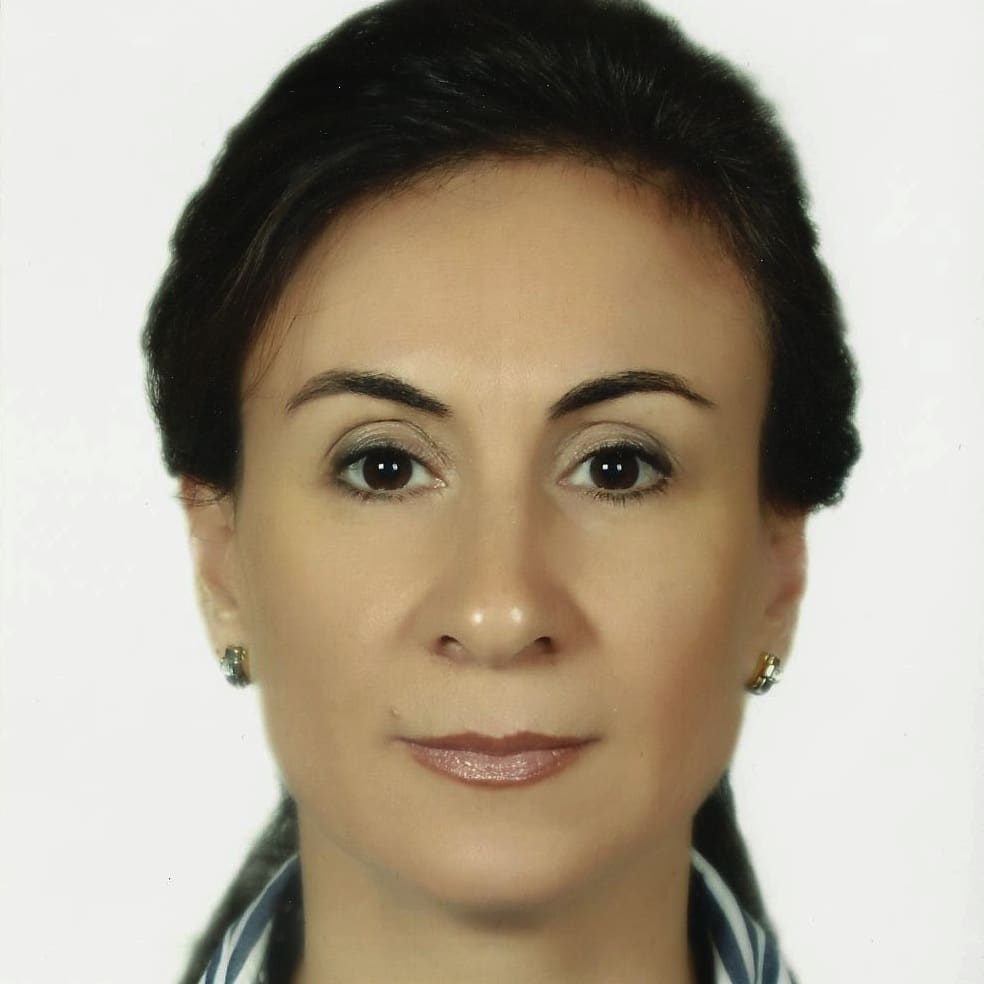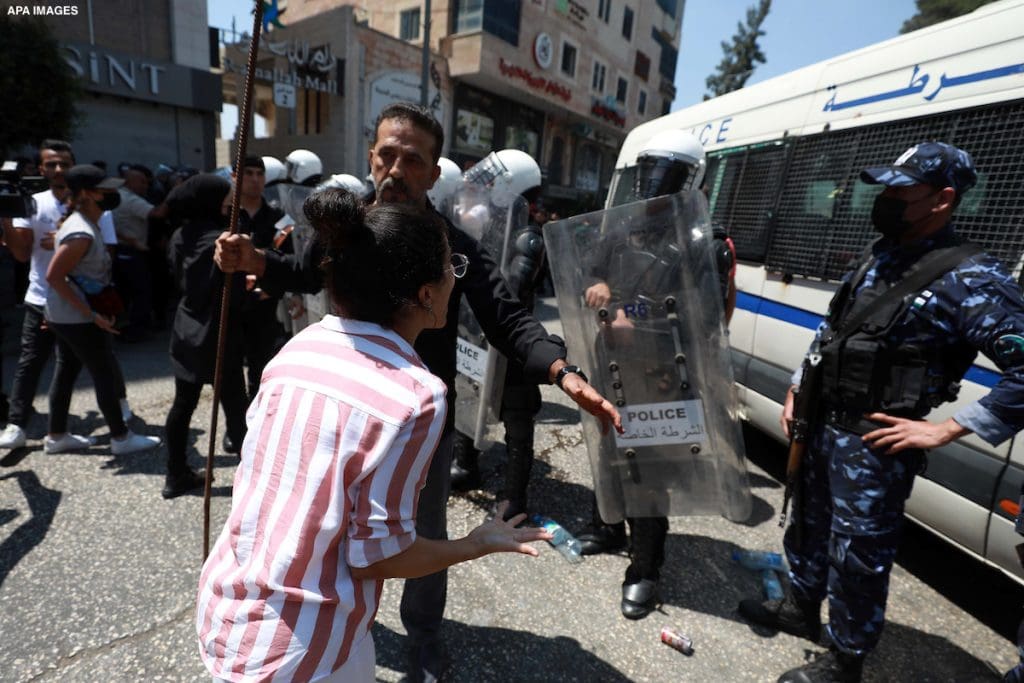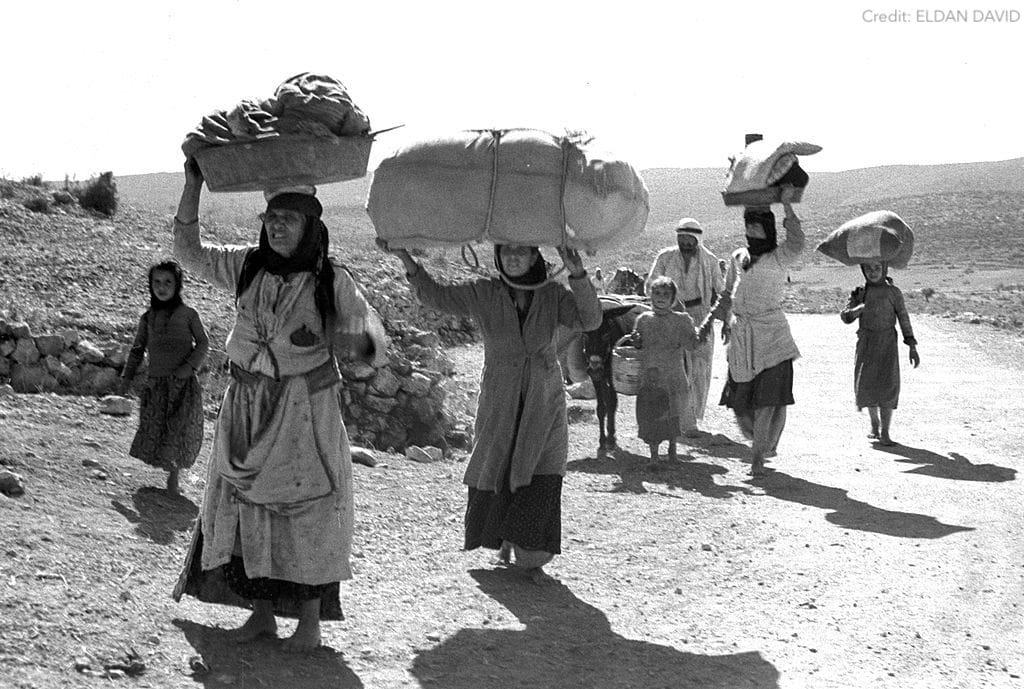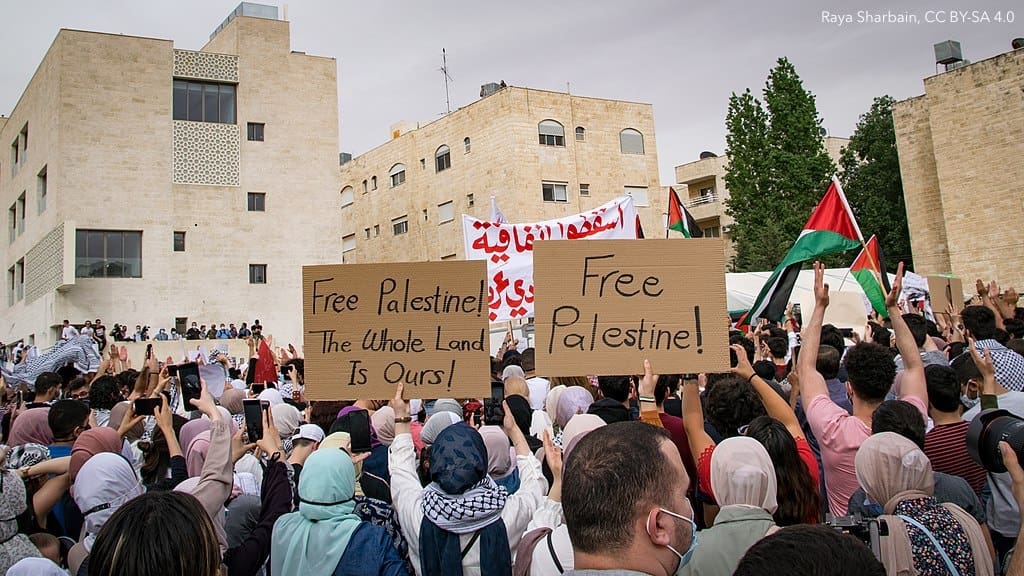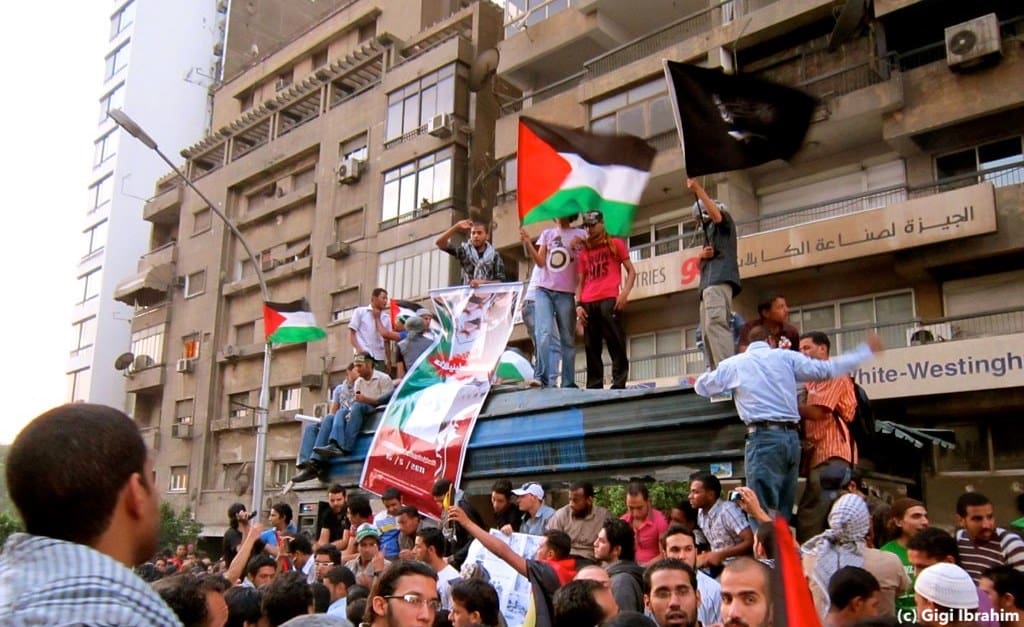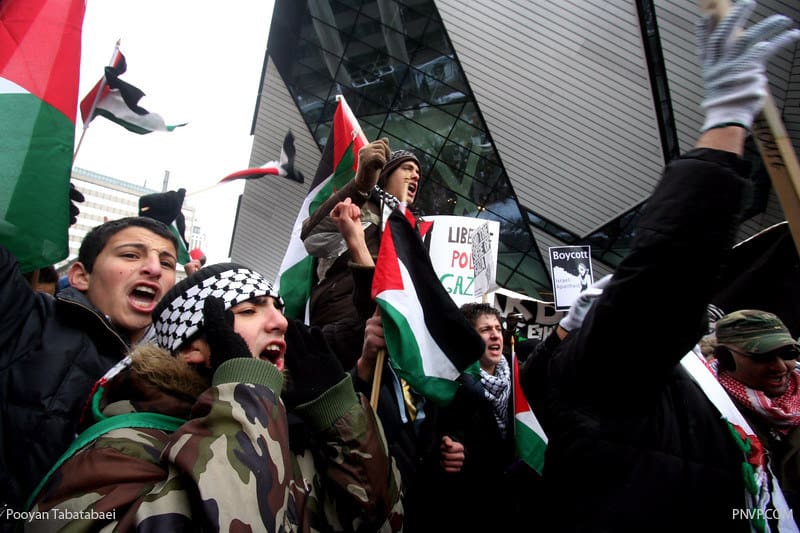Oroub El-Abed is a postdoctoral research fellow with the Centre for British Research in the Levant (British Academy grant). She holds a PhD in Development Studies from the University of London, School of Oriental and African Studies, and has consulted and written in the area of political economy of development and forced migration, particularly Palestinian refugees in the Middle East. She is the author of Unprotected: Palestinians in Egypt since 1948 (Washington, DC, and Ottawa, CA:Institute for Palestine Studies and the International Development Research Centre, 2009).
From this author
Punctuated by the outbreak of the Unity Intifada in May 2021, the trajectory of Palestinian resistance is experiencing a watershed phase marked by new actors and themes. With the effective neutralization of the Palestinian Liberation Organization (PLO) since the 1993 Oslo Accords, the deepening geopolitical fragmentation of Palestinians across colonized Palestine and the world, and the global shift to cyberspace, new opportunities — and threats — to Palestinian resistance have emerged.




+
Sam Bahour,Rana Barakat,Mary Nazzal-Batayneh, + MoreOroub el-Abed,Nadia Hijab,Victor Kashkoush,Anis Kassim,Osamah Khalil,Mouin Rabbani,Jamil Hilal,Loubna Qutami,Haidar Eid,Yara Hawari,Nadim Nashif,Raya Naamneh,Omar Barghouti,Marwa Fatafta,Tariq Dana,Hatem Bazian,Noura Erakat,Alaa Tartir,Issam Younis,Nada Awad,Diana Buttu,Ingrid Jaradat Gassner· Aug 26, 2021
This collection of some of the most compelling pieces Al-Shabaka has published contextualizes and discusses the unique difficulties of Palestinian refugees displaced across the Middle East – from becoming refugees a second or third time due to the ongoing Syrian civil war to over-researching camps “famous” for tragedy while under-researching other refugee situations and exile communities.
The Arab uprisings have created a unique opportunity for Palestinian-origin Jordanians to address head-on the hitherto taboo topic of the increasingly dire situation faced by the millions-strong community in Jordan. Since March 2011, several new activist groups (Herakat), including some Palestinian origin-Jordanians who were or still are in positions of power, have been calling for equal rights for all Jordanian citizens and insisting that Palestinian origin should not deprive Jordanian citizens of their rights in and obligations to their country, Jordan.


Little has been written about Palestinians in Egypt. The few thousand who sought refuge in Egypt after the 1948 Nakba were not welcomed by King Farouq’s government. However, with Gamal Abdel Nasser’s rise to power, Palestinians came to be treated on par with citizens of Egypt, enjoying basic rights, employment in the public sector, and property rights.

Oroub el-Abed· Jun 11, 2011
The latest Al-Shabaka roundtable examines the effectiveness of different forms of resistance in achieving Palestinian rights. The participants discussed a range of issues from the implications of armed struggle to the potential and limitations of the boycott, divestment, and sanctions movement.








